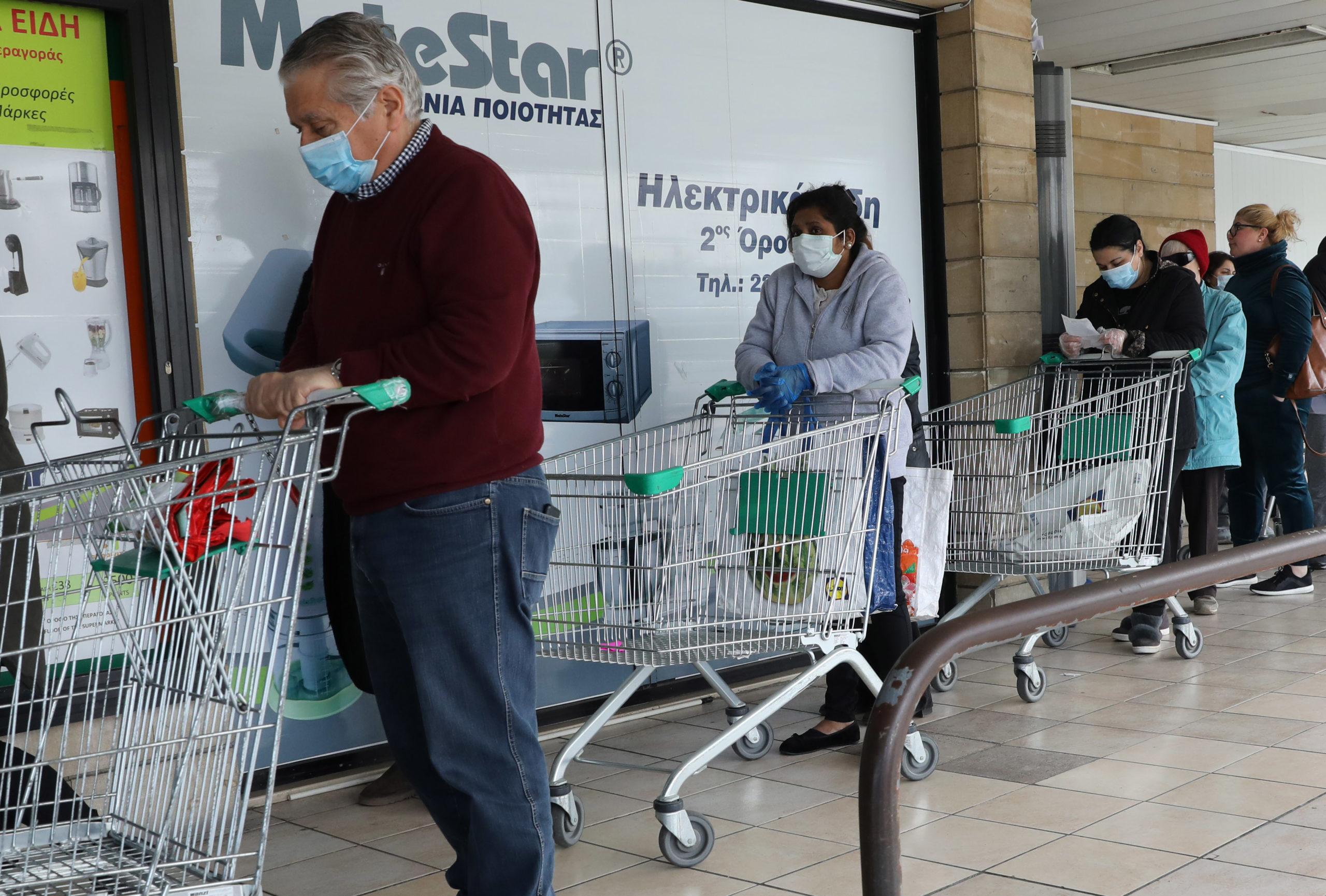There is a tangible sense of free abandon among Cypriots after the easing of lockdown measures at the start of the week.
As the winter darkness lifts, so has the mood of the nation with a feeling that the worst of it is over, now there’s the economy to worry about.
Knowing that freedom of movement will soon be allowed in less than two weeks it has got everyone rather blase about social distancing, thinking it doesn’t matter that much.
It’s easy to feel a false sense of security when the number of new infections is closer to zero, a large swathe of people have gone back to work and we can leave the house more often.
Understandably, there is COVID-19 fatigue setting in, there is only so much bad health news one can absorb before it all becomes meaningless but still frightening.
Cyprus has kept deaths at a minimum, the hospitals are not bursting at the seams with patients in need of severe care and the method of track, trace, isolate has worked.
But the virus is still with us, it still poses a threat as soon as we let our guard down. How safe will we be once we start mingling with each other again?
Wearing face masks is recommended when venturing outside to go shopping, but a shortage has made such a habit impractical.
The government is redirecting a million masks to pharmacies to be sold to the general public at €31 for a box of 50, a black market opportunity if ever I saw one.
Coronavirus might be under control, but what happens when we begin to open our borders, what’s to say a new wave won’t arrive on our shores with the first flight carrying tourists.
The government knows it is going to be tricky, which is why it wants a unified EU approach to how airports should operate with protocols in place when mass travel becomes feasible again.
Being an island, Cyprus is heavily reliant on flight connectivity with tourism a key driver of the economy – this is a combination that has been smashed by the pandemic.
Post-virus travel will be a totally new experience with experts suggesting we have to get accustomed to kilometre-long queues at boarding and more expensive air tickets with fewer seats available.
With a stay at home culture becoming ingrained, there will be few people planning a foreign holiday in the near future, you will most probably need to apply for a health passport to do so.
As neighbours, Cyprus, Greece and Israel are getting together to try and arrange a kind of Bermuda triangle where COVID-19 mysteriously disappears, creating a safe space for tourists to relax.
By and large, Cyprus has got its coronavirus strategy spot on – luckily it had Greece as a great example to follow – slamming the lid as tight and as fast as it could to stop it wreaking havoc among the population.
To be fair, the public has also exhibited a new-found stoicism in obeying social distancing and generally staying home to stop the spread.
This may not last for much longer as the evenings become warmer and the sound of the beach grows louder.
Working from home can accommodate various situations but for many more, it won’t pay the bills while a recession looms larger than the island’s household debt.
So far, we have avoided the worst of the pandemic that has plighted the UK, America, Italy and Spain but it is difficult to imagine Cyprus can dodge the financial consequences of global lockdown.
For now, the effort is focused on tip-toeing out of lockdown over the next month or so, to get the country back to near-normal.
There will be hiccups on the way to nirvana, such as the furore over whether it is safe to send children back to school.
Initially, the government didn’t seem to have a plan for a mass return to class apart from those in their final year of school.
Then it was decided that all the children would go back to school on 21 May, to do what for several weeks wasn’t quite clear.
When one of the government’s top scientists said he was “surprised” at the move, it seemed the government had taken the decision based on political pressure, not scientific evidence.
This prompted the government to close ranks, cajole the experts to publicly declare they were on the same page, announce testing for teachers and students.
To shut the chatter down, the President intervened to reassure the world, he hadn’t dropped the coronavirus ball.
It all seemed rather shoddy and slightly undercooked, a contrast to what has gone before.
And when a minister volunteers to go on Facebook to answer questions from concerned parents something must be awry.
Nevertheless, Cyprus is still on course to brag it survived coronavirus and got the t-shirt – now there’s a new marketing idea.
Stay home. Stay safe










